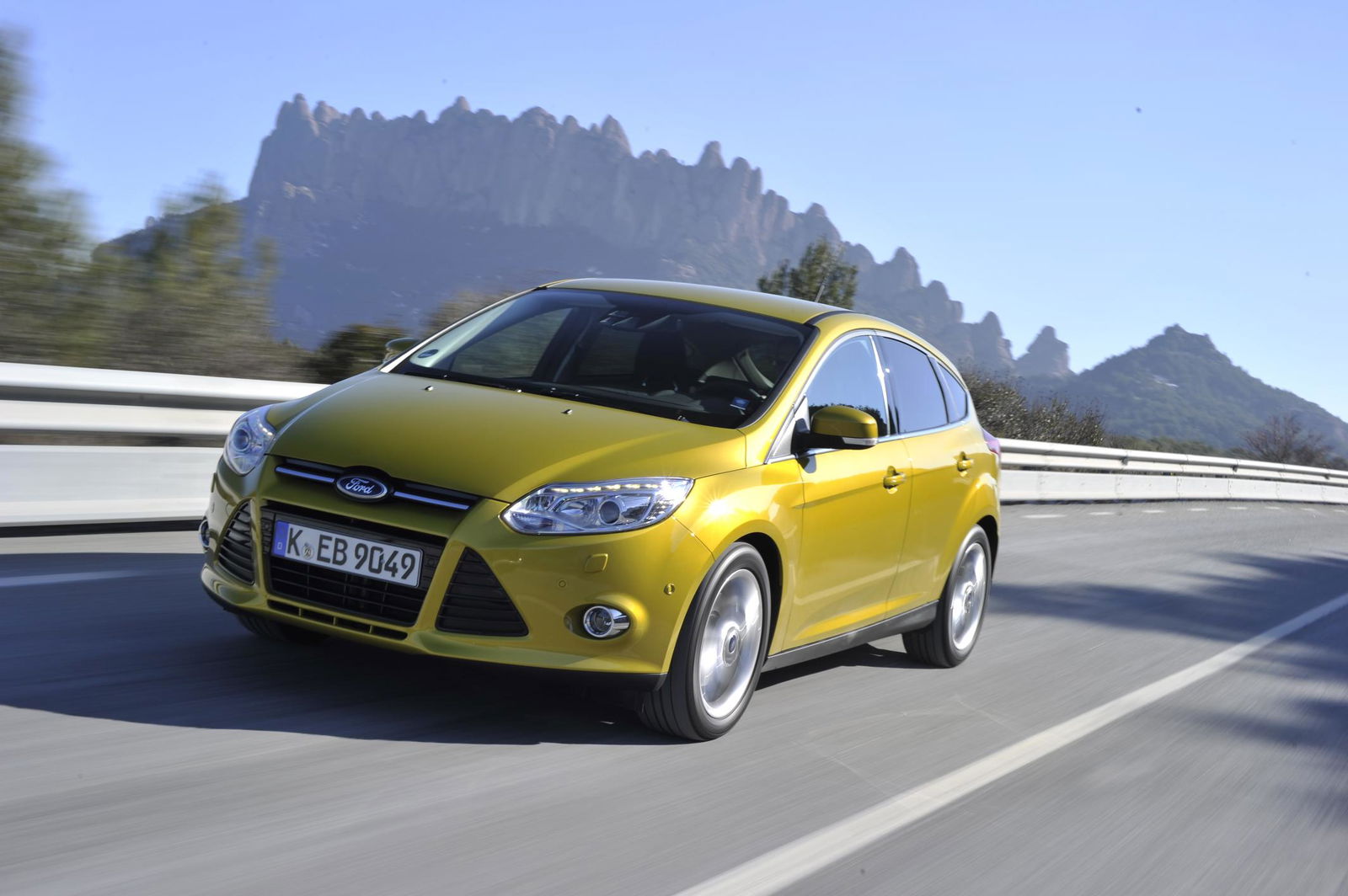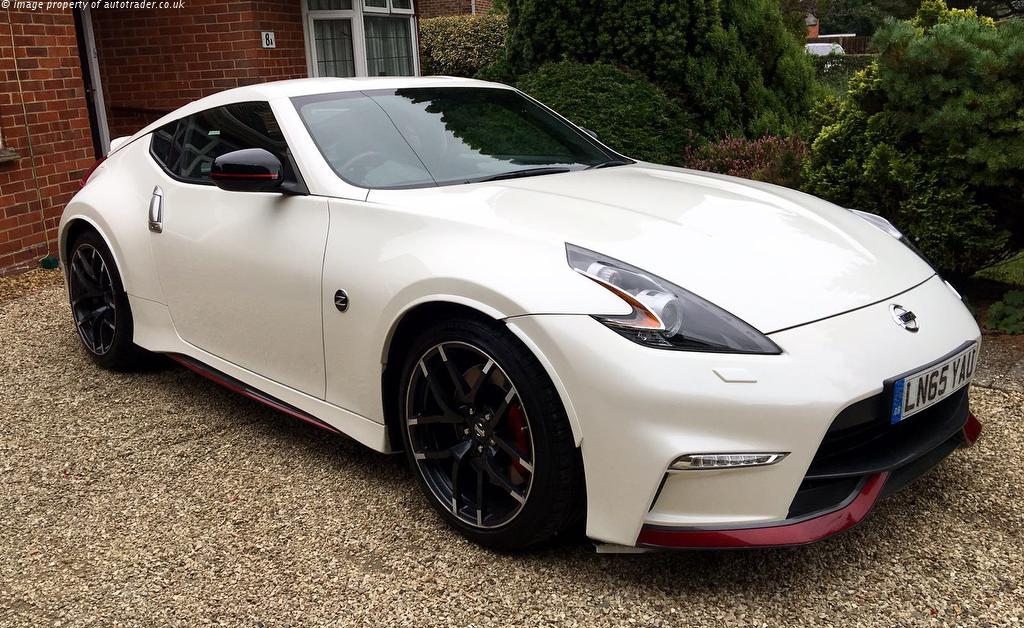Downsizing Is Ending, But It's Not All Good News

Downsizing is set to stop, and engines could even start to increase in size again – because, bizarrely, that’s the only way to pass future emissions tests.
Oh, the irony. But don’t get too excited, because it’s likely that electrification will take a much bigger role instead of cranking up the cylinder count. Sadly, we’re still unlikely to see too many more V12s.
Reducing cubic capacity and making up the difference with turbocharging, a technique some manufacturers have only just gotten to grips, has already been exposed as a false economy, said experts at the recent Paris Motor Show.

We’ve all known it for ages, especially those of us tasked with driving the latest metal and seeing nothing but a downward trend in real-world miles-per-gallon, but this is the first time manufacturers have started to admit it themselves.
The EU’s NEDC efficiency test cycle has been quietly acknowledged as a disaster, having forced car makers to adopt techniques to score well on the test rather than on real roads. Renault’s 0.9-litre TCe petrol engine, for example, has to inject additional fuel into the cylinders to prevent overheating when it’s being used on faster roads, giving it the thirst of an alcoholic on St Patrick’s Day.
Manufacturers will need to turn to hybrid and electric car solutions to keep lowering their fleet average emissions in the wake of the forthcoming, ‘more representative’ emissions tests. That’s likely to mean more hybrid sports cars in the vein of the Porsche 918 Spyder, and fewer like the Ferrari F12tdf. We’re not really sure whether that’s good or bad news, so ask us again in 10 years.

The Reuters news agency quoted Alain Raposo, head of powertrain at the Renault-Nissan Alliance, as saying: “The techniques we’ve used to reduce engine capacities will no longer allow us to meet emissions standards. We’re reaching the limits of downsizing.”
VW is set to swap its 1.4-litre three-pot diesel for a 1.6-litre four, while Renault is going to replace its barely three-year-old 1.6-litre diesel with something closer to 1.8 litres.
Almost no one is willing to comment on specific engine plans, possibly because no one actually knows how they’re going to dig themselves out of this hole yet. The most frustrating thing for most manufacturers is that these fresh problems are the fault of European politicians, not their own miscalculations.
Mazda, whose ‘right-sizing’ policy sees it still producing a 2.2-litre diesel, is probably having a laugh at its rivals right about now. As must Toyota be, with a full range of hybrid models already on its dealer forecourts.
Source: Reuters


Comments
The article was right but probably 2 years ago. Nowadays, the engines in development are able to run at severe boost still using lambda = 1, mainly due to better turbine materials, advanced combustion strategies and integrated exhaust manifolds. And also, overfueling is a very old and extensively ised strategy to control temperatures - it is used on N/A engines too, that’s why when driven hard some small N/A engines return lower mpg compared to more powerful petrol units.
If downsizing stops, will the driver stop getting smaller?
European engines are so much smaller than American. The smallest v8 I’ve seen here is a 4.6…
Absolutely loving this whole upsizing thing, getting a solid 8 mpg in the city 😂😂😂
I’ll just leave this here
Actually, Toyota isn’t actually laughing as the engine plant that builds all of their hybrid engines is here in Australia, and thanks to our government is set to close. Meaning that Toyota has to build a new engine plant somewhere else
this needs to be said, the only way that we are going to get the fuel economy we need is if we start making more horsepower (and torque) at lower RPM, which NO manufacturer (apart from maybe Mazda) is really looking at. am i surprised by this happening, no. But we need to look at the most efficient ways to do things. SpOut is great and all, but by no means betters fuel economy.
Then theres me with a rotary… 😅 20mpg average and emits more than a battleship
Best thread ever made on car throttle 😂
Pagination